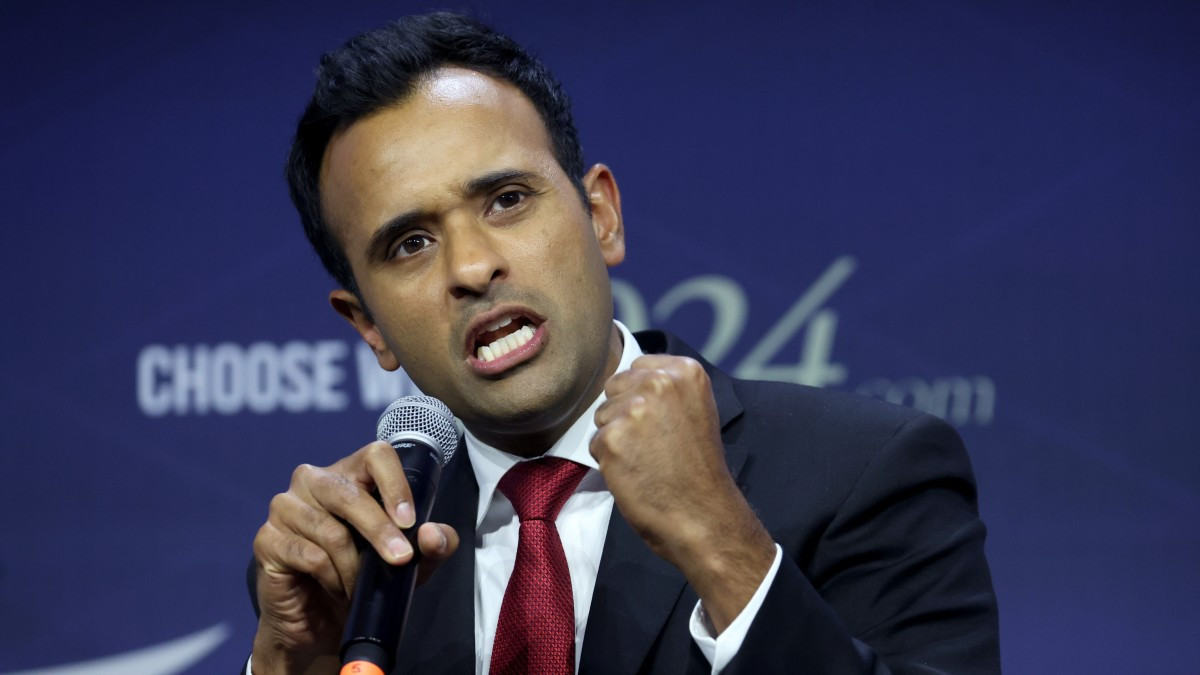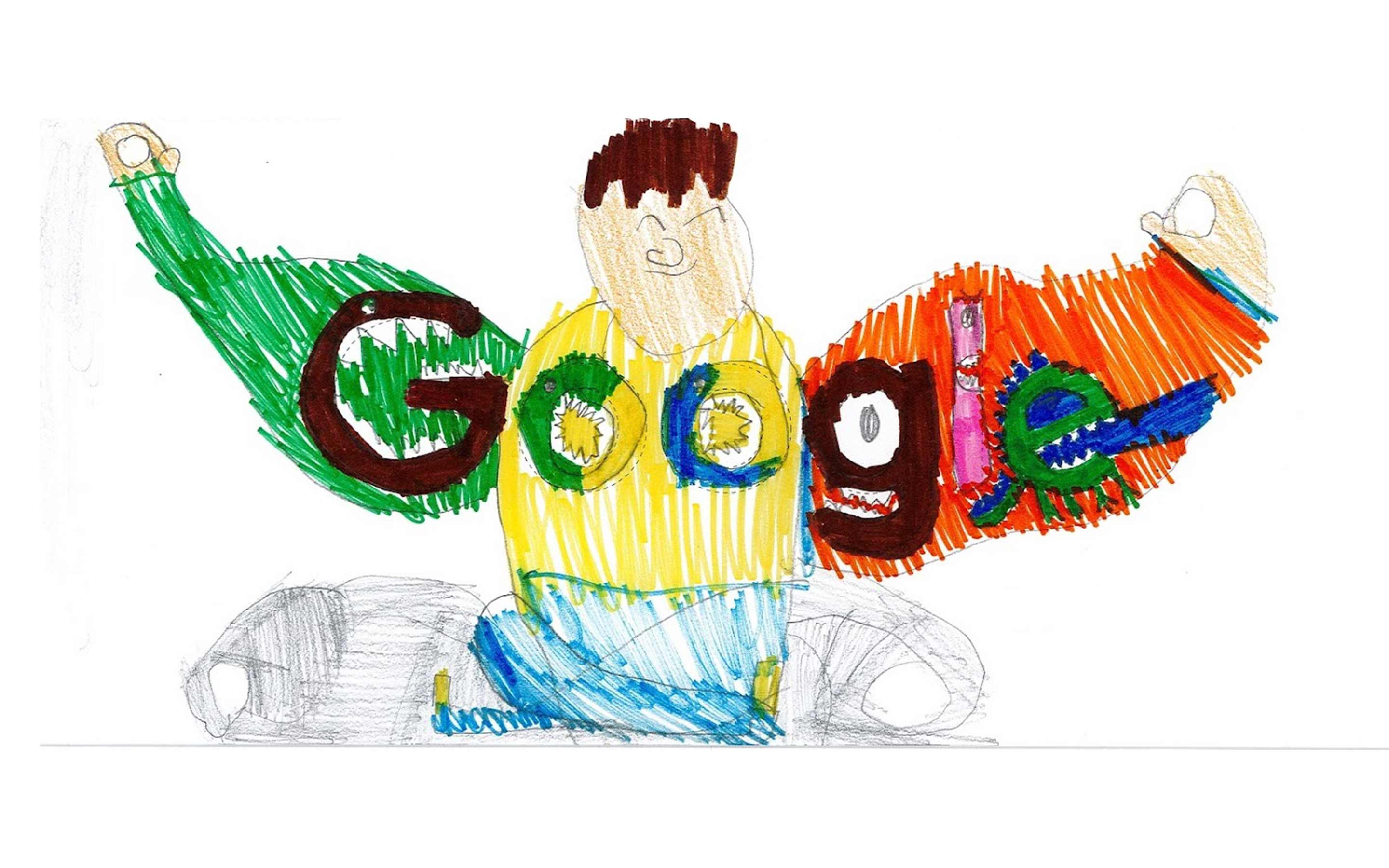In the waning days of the 2024 US presidential campaign, a surge in election betting has sent two prominent betting apps, Kalshi and Polymarket, skyrocketing to the top of the Apple App Store. This unexpected rise highlights the growing interest in election-related betting and the potential for these platforms to become significant players in the digital landscape.
Kalshi, a platform regulated by the Commodity Futures Trading Commission (CFTC) and available to US citizens, clinched the number one spot on Apple's list of top free apps. Polymarket, which is only accessible to international bettors, followed closely behind, securing the number two position. These two betting apps surpassed popular smartphone applications like ChatGPT, TikTok, and Instagram in free downloads, signifying a notable shift in user engagement.
The Rise of Election Betting Apps
This sudden surge in popularity for Kalshi is particularly significant for its CEO, Tarek Mansour, who had previously expressed ambition for the app to reach the top spot on the entire App Store by Election Day. “I think we're gunning for No. 1 for the entire App Store by Election Day, so the demand curve truly is exponential,” Mansour stated to CNBC last month.
The exponential growth in the demand for these platforms is evident in the sheer volume of bets placed. Polymarket has processed more than $4 billion worth of bets on various contracts related to the outcome of the US Presidential election. Kalshi, despite its later entry into the election betting market, has facilitated over $500 million in bets. This stark difference can be attributed to Polymarket's earlier entry into the market, having been operational for the entire election cycle. Kalshi, on the other hand, only received federal approval to launch election-linked betting contracts for US citizens in early October.
The Betting Odds: A Different Story
As of Tuesday afternoon, the betting odds on both platforms favored former President Donald Trump to win the Electoral College. On Kalshi, Trump held a 57% to 43% lead over Vice President Kamala Harris, while on Polymarket, he enjoyed a slightly wider margin of 62% to 38%. However, when it comes to the popular vote, the odds on both platforms leaned heavily in favor of Harris. On Kalshi, Harris was projected to win the popular vote at 76% to 24%, and on Polymarket, her lead was 72% to 28%.
These betting odds present a stark contrast to the current polling landscape, which paints a much tighter race. The latest polling average from 538 indicates Harris leading by a narrow margin of 48% to 46.8% for Trump. This discrepancy highlights the inherent volatility of election predictions and the potential for significant shifts in the political landscape leading up to Election Day.
The Future of Election Betting
The rapid rise of election betting apps like Kalshi and Polymarket represents a significant development in the intersection of technology, finance, and politics. These platforms have captured the attention of a wide audience, particularly among those seeking to engage with the 2024 presidential election in a unique and interactive manner. However, their long-term impact remains to be seen.
Some experts contend that the growing popularity of these platforms could potentially shape the political landscape by influencing voter turnout and encouraging greater political participation. Others argue that the focus on betting odds could distract from the complexities of the election and create a misleading sense of certainty.
As we inch closer to Election Day, it remains to be seen how these platforms will continue to evolve and the extent to which they will influence the course of the 2024 US presidential election.
A Look at the Future
The surge in popularity of election betting apps like Kalshi and Polymarket suggests a growing appetite for interactive political engagement. It is likely that these platforms will continue to evolve and innovate, potentially incorporating new features and functionalities to enhance the user experience. The role of election betting in shaping the future of political discourse and voter behavior remains an intriguing and evolving narrative.
















